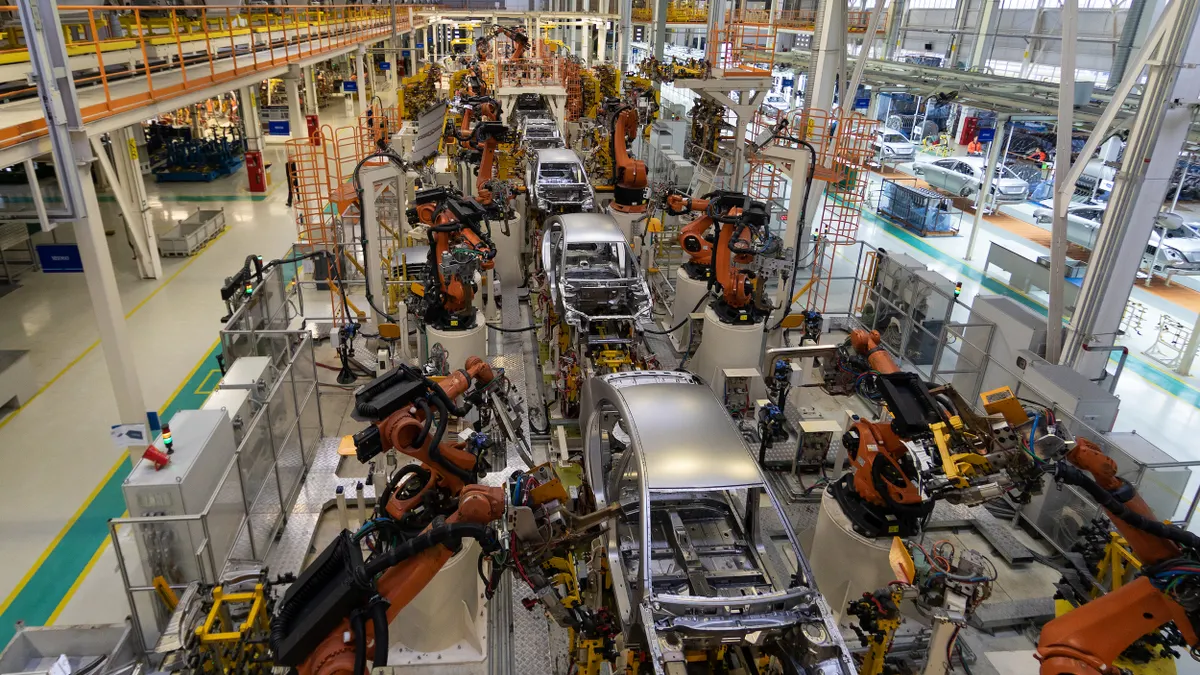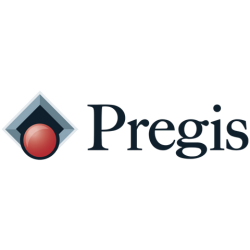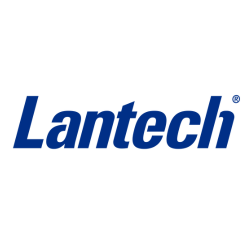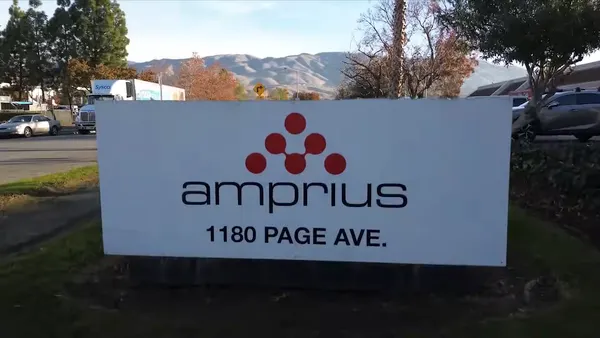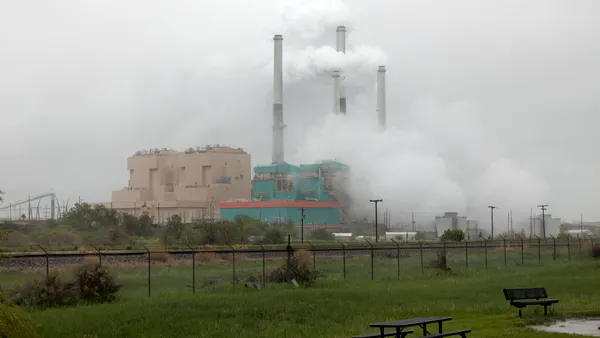Dive Brief:
- California Gov. Gavin Newsom recently signed a spending bill that allows chipmakers and other high-tech manufacturers to build in industrial zones with no environmental review.
- Senate Bill 131, which passed and went into effect June 30, carries provisions that exempt certain project proposals from the California Environmental Quality Act. That includes facilities that produce semiconductors, nanotechnology and other advanced materials.
- The bill is designed to expedite the environmental review process for manufacturers and to lower construction costs in the state. Labor unions and advocates previously sought to reverse the exemption, citing deregulatory and environmental concerns.
Dive Insight:
As chipmakers have built out production facilities across the United States to meet growing demand for artificial intelligence technologies, some regions have benefited more than others from increased investments.
Phoenix, for example, has become a major chip hub, driven by TSMC and Intel projects in recent years. California, meanwhile, has lost out on billions of dollars in federal funding that supports renewed manufacturing investments due to its strict environmental regulations, state lawmakers argue.
“The CHIPS Act largely skipped over California because it’s too hard & expensive to get permits here,” Senator Scott Weiner, a San Francisco Democrat, posted on Facebook. “We need to avoid that going forward & this new reform law will help.”
Enacted in 1970, CEQA requires state and local agencies to conduct environmental reviews of proposed projects before they are approved, and to adopt all feasible measures to reduce or eliminate negative impacts, according to California’s Office of the Attorney General.
SB 131, written largely by Weiner, not only exempts advanced manufacturing projects in industrial zones from CEQA, but it also restricts legal challenges by narrowing which documents courts can consider. The exemption does not apply to projects located on “natural and protected lands,” such as national parks and coastal areas.
The bill, which soared through the state Assembly and Senate, also streamlines housing development and exempts eight other types of projects from environmental reviews, including child care centers, health clinics, food banks, farmworker housing, broadband, wildfire prevention, water infrastructure and public parks or trails.
However, most debate has been around the exemption for advanced manufacturing. Unions and advocates representing steel, chip and auto workers wrote a letter to legislators, saying that omitting projects from CEQA significantly raises the risk of PFAS use and puts its members in harm’s way.
“Ultimately, California needs a faster and more holistic permitting process…not a complete elimination of CEQA,” the unions said in their letter.




